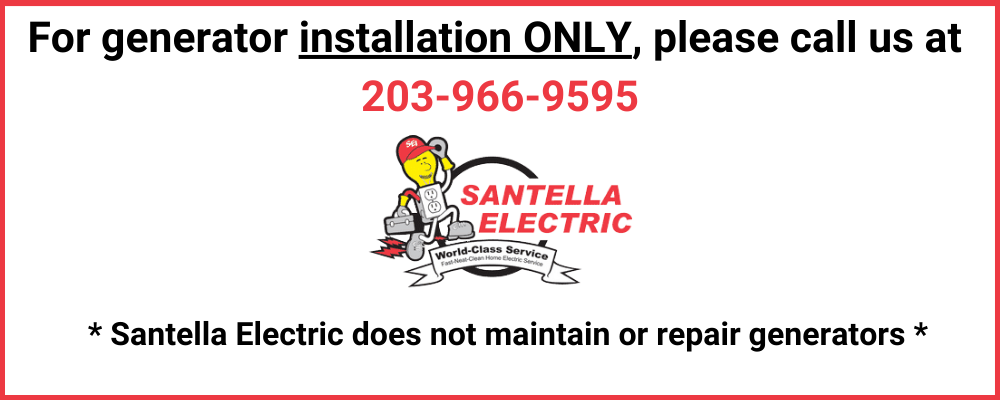
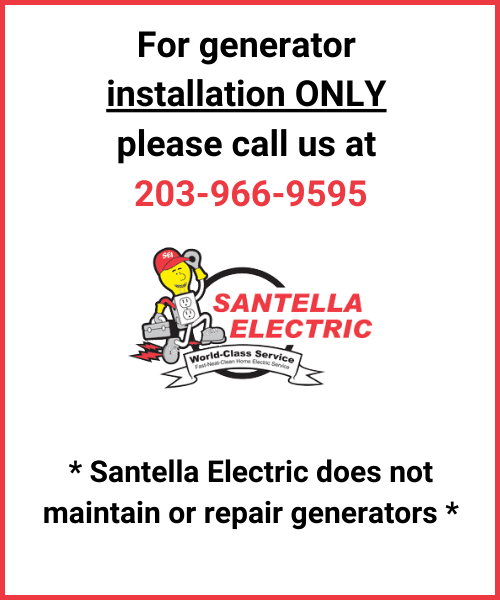
Introduction to Electrical Outlets
Outlets are all around you; they power your everyday life. They are essential to modern life, but many people don’t actually understand what’s happening when they plug in. Join us today as we explore the common outlet types seen on the market before we dive into why your outlet may not be working. From there, we can explore how to troubleshoot non functioning outlets, steps to take to contact an electrical outlet expert, and how to prevent such events from happening again.
Santella Electric Co, Inc.
The BEST QUALITY, ON-TIME Electrical Service & Repair Company in Fairfield County
Santella Electric is an electrical service and repair company servicing Fairfield County, CT. We have over 55 years servicing our local area, and we are owner operated.We Offer
Schedule A Service Call
Common Types of Outlets in Modern Homes
When dealing with outlets, there are a few different styles to be aware of that each excel in their own niche. Here are some of the most common outlets in modern homes:
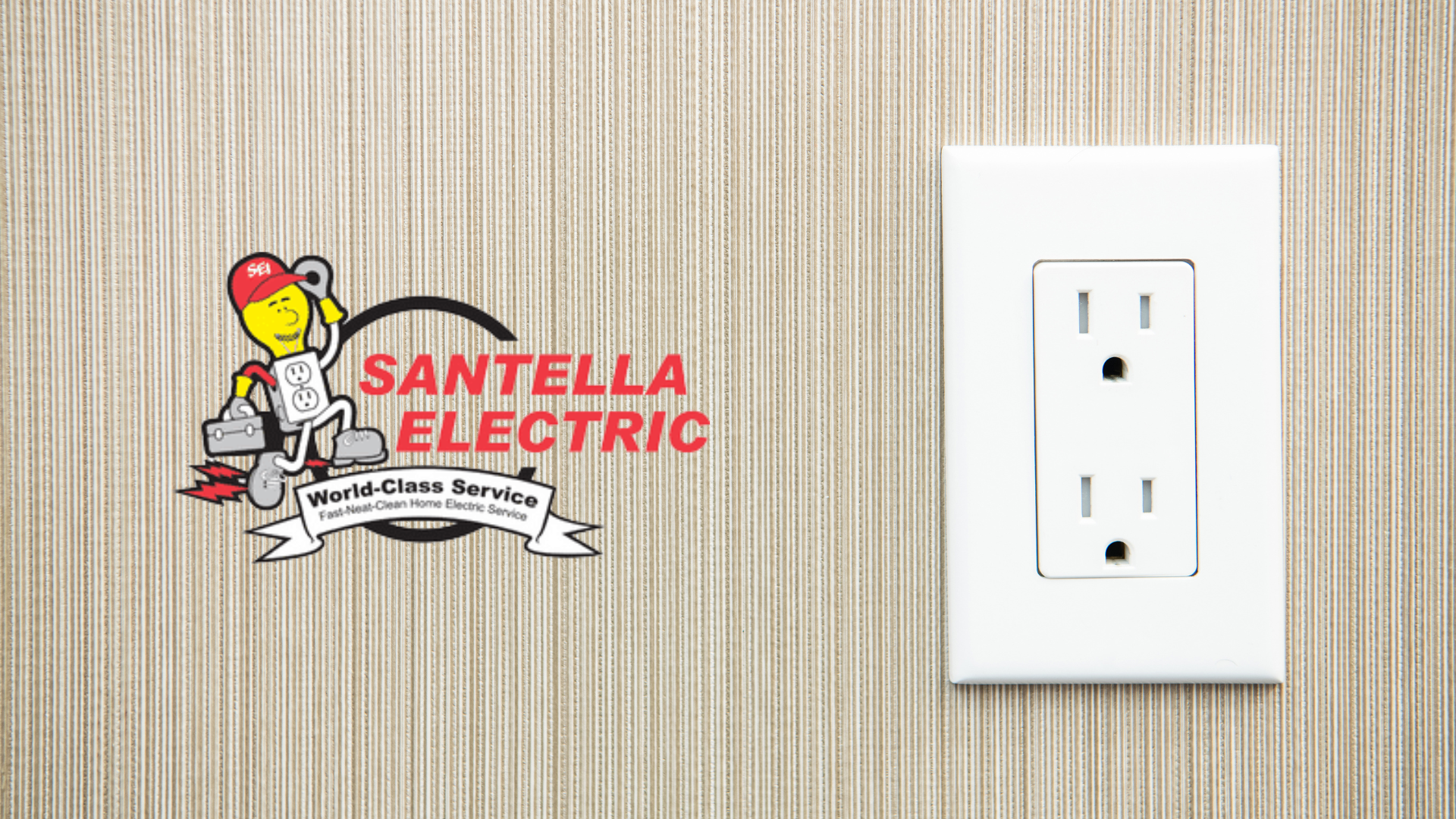
15A, 120 Volt Three-prong Outlet:
This is your most standard outlet in homes. The three-prong version adds a group pin to help prevent shock from loose wiring. At 120 volts, this outlet is best for lights and appliances with minimal voltage requirements.
- This style of outlet can be outfitted with higher amperage/voltage for larger appliances. Other options include 20A, 125 Volt and 20A, 250 Volt when more power draw is necessary.
Tamper-Resistant Outlets:
More of a feature to other outlets on this list, tamper-resistant outlets are becoming increasingly more common in houses as these outlets provide a physical barrier that prevents items besides plugs from entering. This is especially important in houses with young children who may be tampering with outlets, putting themselves in danger by sticking foreign objects in outlets.
GFCI Outlets:
Ground Fault Circuit Interrupter (GFCI) outlets are your ideal outlet for rooms and situations near water. These outlets can be used both inside and outside. These outlets constantly monitor the flow of electricity through it and can immediately shut down if it detects a power surge. Such a surge could be evidence of a direct connection with water, which is extremely dangerous should the connection not be severed.
AFCI Outlets:
Arc Fault Circuit Interrupter (AFCI) outlets are a versatile outlet whose calling card is preventing electrical hazards by suppressing rogue electricity that is arcing. Arcing energy occurs when there is a loose connection in your system that causes the energy to arc across an area to complete its path. Sparks and a buzzing noise are telltale signs of arcing, which is usually seen at overheating appliances or with damaged wires. This outlet is especially good with large, often used appliances present in the kitchen or laundry room.
Switched Outlets:
Just as it sounds, switch outlets allow you to manually activate/deactivate an outlet, removing the need for constant plugging/unplugging. This style works well with lights or appliances that are always plugged in.
USB Outlets:
USB outlets are relatively standard three-prong outlets as seen above with the added element of having USB plugs available. These outlets remove the need to locate power blocks and allow you to charge your phone or other USB powered device directly from the outlet.
Smart Outlet:
The future of outlets; smart outlets allow for detailed control over your power including being able to remotely activate/deactivate appliances as well as set certain appliances to a set schedule. For example, you could have the coffee machine set to turn on at 7 AM every day so that your coffee is waiting for you.
Simple Checks
Your troubleshooting strategy for a broken outlet should start by calling an expert who can outline the most common types of outlet failures. More on that in a second.
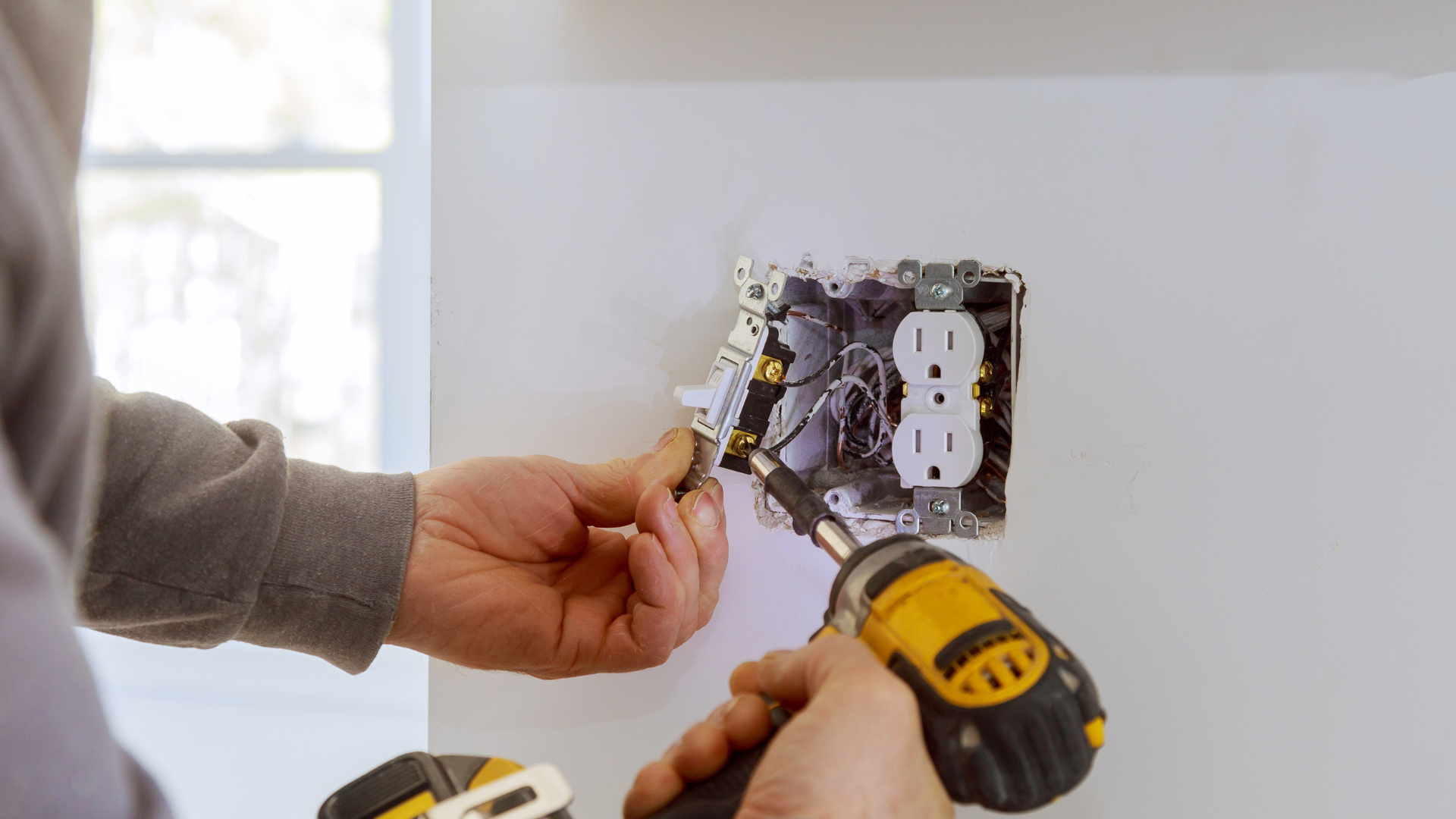
Diagnosing a Non-Working Outlet
Inevitably, an outlet in your home will stop working at some point. To fix the problem, a professional must first identify what is wrong. First things first is safety, never put yourself in a compromising spot while working with electricity. Be sure to avoid contact with metal around the outlet, even if you think the outlet isn’t generating any power.
Common Causes of Outlet Failure
There are some standard reasons why outlets fail. Most if not all will require more professional help. Look out for these explanations behind your outlet failure:
- Tripped Circuit Breakers and How to Reset Them: When an outlet is being asked to draw more power than it can safely process, a circuit breaker will trip causing the outlet to shutdown. This fix is easy: start by unplugging appliances from that outlet before locating your circuit breaker and flipping the switch that was automatically turned off. Understand that this trip happened for a reason and consider rearranging where you plug in.
- GFCI Resets and Replacements: Similar to the circuit breaker, a GFCI outlet will trip in the face of a power surge. Remove appliances and investigate. Is there moisture present on the outlet? If so, use a hairdryer to dry before resetting. When confident you want power through the outlet again, firmly press the “Reset” button on the GFCI outlet to restart the connection.
- Worn Out or Faulty Outlets: Whether they were installed incorrectly or are just old, outlets can begin to fail. Look for crooked outlets, damages around the outlet and the fit of your plugs in the outlet to help figure out what’s wrong. Use a multimeter to see if power is coming through.
- Wiring Issues: This may be harder to detect at first without looking behind the scenes, but through age and other factors like wild animals can cause wires to age, lose connection, and stop working. This can be harder to figure out as the damages might not be immediately apparent. Use safe devices and be careful!
When to Call a Professional Electrician
Dealing with electricity is dangerous, requiring precision and care. If you are inexperienced or daunted, finding a professional electrician is a great, safe way to go. Some scenarios require professional help even if you’re willing to do work yourself.
Situations that Require Professional Help
Any damage or work needing to be done to the circuit breaker, like adding new circuits, should be left for a professional. The amount of power present is extremely dangerous for an untrained individual.

Benefits to Hiring a Licensed Electrician
There are a number of benefits to hiring a licensed electrician including:
- Safety
- Training, Certifications, and Experiences
- Deeper Knowledge
- Proper Tools
- Insurance and Peace of Mind
What to Expect from a Professional Electrical Inspection
When partaking in a professional electrical inspection, expect a thorough walk through and examination of your electrical grid. This includes extensive visual checks around the circuit breaker and examination in attics and basements for code violations or hazards. They will employ numerous devices to check for voltage in various locations while ensuring all safety protections are functioning. With all sensors functioning, a professional electrician will ensure all connections are firm and wires/breakers are properly sealed.
Preventing Future Outlet Issues
Regular Maintenance Tips for Home Electrical Systems
Best practices for maintaining home electrical systems starts with getting regular inspections. This helps identify issues early so they can be addressed. Avoid overloading your outlets to lower stress and prevent frying your outlets, wires, and appliances. Unplug appliances when not in use. Check cords and wires to make sure damage isn’t accumulating. Keep water away from your outlets and appliances! This is dangerous and can cause massive electrical damage.
Upgrade Your Outlets for Enhanced Safety and Functionality
Especially if you live in an older house, upgrading your outlets can gain you functionality and safety features that have been introduced into outlets in recent years. These safety features will help keep you and your family safe.
Smart Outlets: Are they right for you?
When upgrading outlets, consider getting smart outlets in your house. These outlets are outfitted with many safety features as well as added functionality and connectedness. Smart outlets can do futuristic things like turn on at programmed times or allow you ultimate control even when you aren’t home.
Conclusion: Call Santella Electric, Inc. for Any Outlet Problems in Fairfield Couty
Outlets are an essential feature for modern life. They safely harness electricity that is otherwise dangerous to us. Having fully functional, safe outlets is hugely important, especially with children around. Keep an eye on your outlets, get regular inspections, upgrade your electrical system, and be careful with electricity. Seek a professional electrician when you need help and continue to enjoy the fruits of modern commodities!
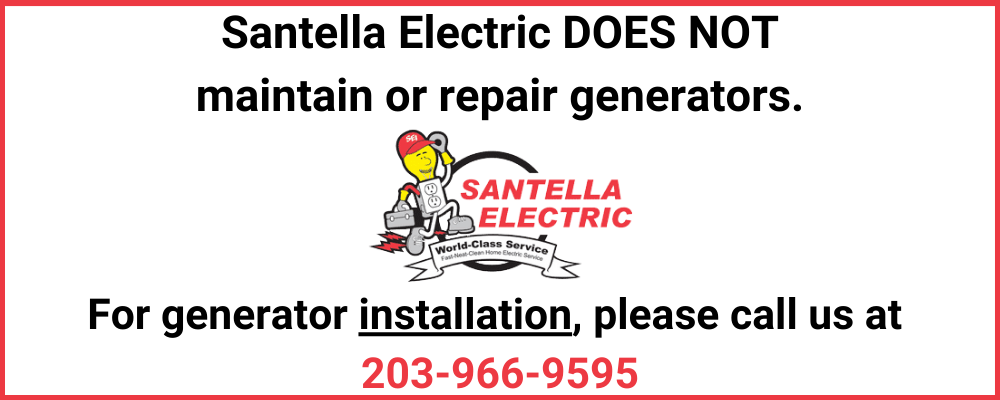
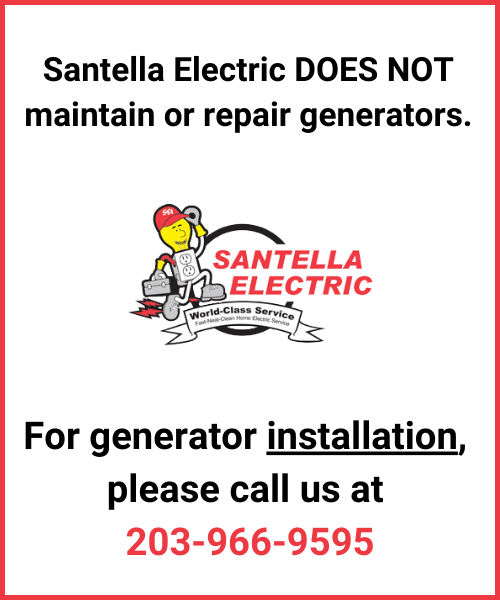

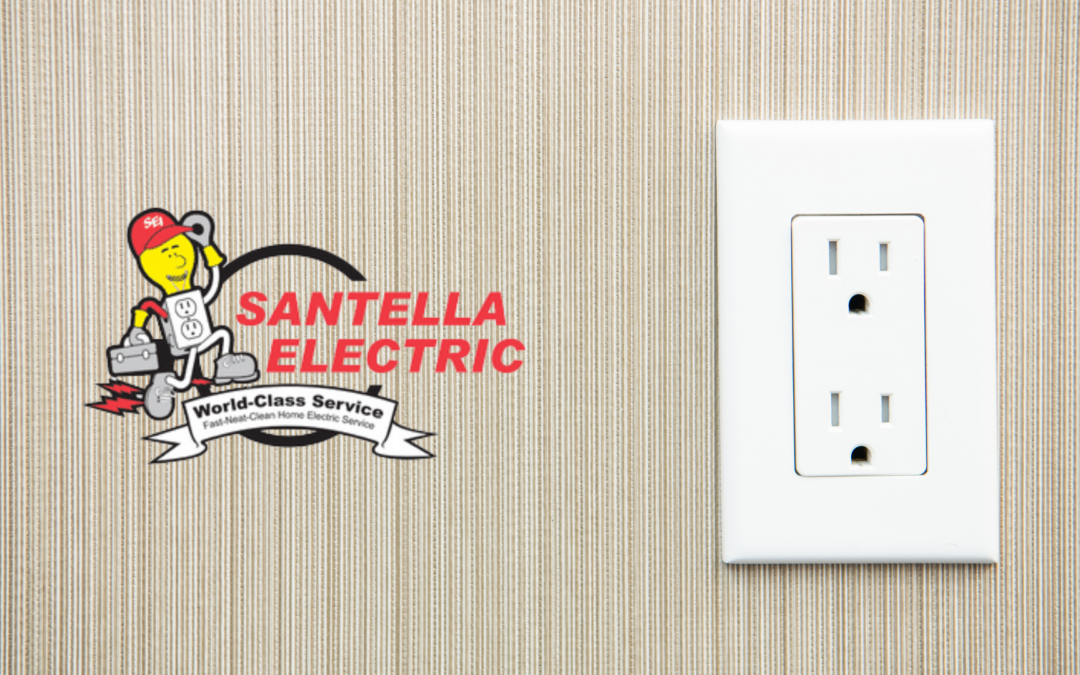

Recent Comments